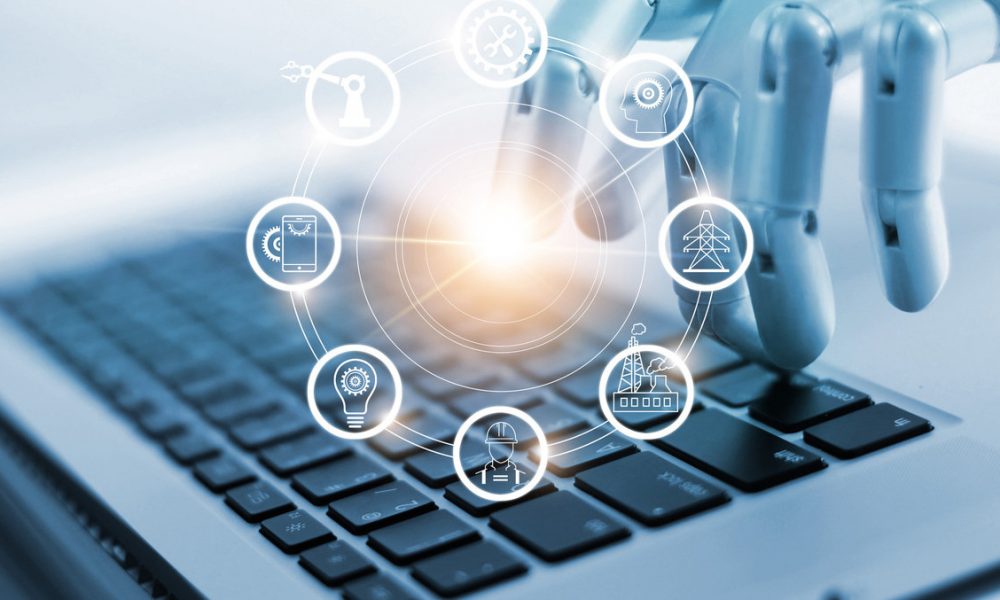- The author of this article is Mr Vivek Tiwari, CEO, Medikabazaar
Much has been written on how the pandemic pushed traditional healthcare to adopt digital technologies. It was this digital transformation that accelerated a decade’s worth of change into a few months that enabled healthcare organisations to continue to provide care to patients amidst the myriad challenges thrown up by the Covid restrictions on social distancing and fear of infection. Patients also embraced the changes brought about by technology in accessing healthcare. Telemedicine and telehealth and smart wearables powered by artificial intelligence (AI) all helped doctors to stay in touch with and monitor their patients, but also helped patients to understand diseases better.
Digital – A hybrid model
However, there needs to a greater understanding on how healthcare organizations should adopt to the new technologies. Adapting traditional processes to the new digital ecosystem requires not just adding a digital process but a complete integration to create a hybrid model of healthcare delivery. This encompasses every aspect from the doctor-patient interaction, a lot of which has moved online and the use of EMR (electronic medical records) that has eased the administrative burden for doctors to freed them to focus on patients, to adopting modern medical technology in diagnostics, imaging, robotics and more.
There is more – healthcare organizations need to leverage all these aspects of healthtech to improve care through adaptability, ingenuity and investment. Healthcare organisations are today engaging the patients digitally through their healthcare journey from making appointments online, viewing bills and making payments online, accessing medical records online and also communicating digitally with patients.
Digital – A Key Differentiator
The future will see digital health or healthtech playing the role of a key differentiator for healthcare providers. The integration of technology and data will provide deep insights into healthcare needs and lead to a proactive approach to preventive health rather than only a reactive treatment approach. It will also help in identifying opportunities to fill gaps and enhance existing capabilities. This will lead to the launch of services like on-demand interactions with caregivers and AI-led analysis for a personalized treatment plan that will improve healthcare outcomes.
The increased ease of access will also result from seamless information and data transfer within the digital health ecosystem backed by a robust IT infrastructure. The components of the digital health ecosystem will have to provide an integrated data and service landscape that has the capability to process vast amount of data. It is then that the digital ecosystem will be able to support clinicians in their work and improve the patient experience.
Digital – Rapid changes through technology
At the healthcare delivery level, technology is changing the field dramatically. Telehealth or telemedicine is one of the key aspects of digital health. With data accessibility and affordability increasing, the access to advanced healthcare is possible even from a primary health centre allowing specialists in big hospitals to advice and guide doctors in smaller centres. The ease of video consultations and transfer of diagnostic data makes the process smoother. However, technology infrastructure needs to be aligned to telehealth needs for delivering full capabilities in a secure manner that protects patient privacy.
Technology is today enabling comprehensive digital care solutions that encompasses home care, e-pharmacies to deliver medicines and diagnostic labs offering home collection of samples, the offerings are set to expand. Today, we have services like home dialysis and chemotherapy offering continuity of treatment for patients who cannot visit the hospital.
On the other hand we have advanced medical technology such as /3D printing, virtual and augmented reality (VR and AR), and robotic technology is reducing the scope of human error and changing the very nature of medicine. Coming to data analytics, technology is expanding the scope from just reporting to extracting the maximum benefits. The use of artificial intelligence (AI) and machine learning (ML) has led to innovative predictive models that are enhancing preventive healthcare through programs that predict risk.
Digital – Need to invest in infrastructure
There is no mistaking the digital revolution that healthcare has gone through in the last two years of the pandemic. However, even as healthcare organisations adapt to the new digital reality, there is a long way to go. Healthcare providers need to invest in a robust infrastructure the delivers an effective digital experience that is connected, collaborative and patient-centric. It is only that we can truly say that we have brought in a digital healthcare revolution!


